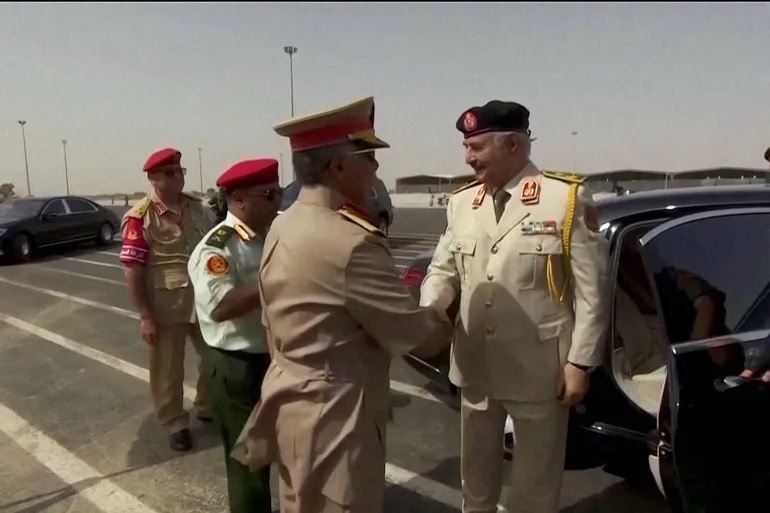
Libya’s central bank crisis deepens amid diplomatic failures
Libya’s political and financial turmoil worsened as the Central Bank of Libya (CBL) remains in deadlock, leading to unpaid salaries and economic disruption. The United Nations attempted to broker an agreement between the country’s two rival governments — the Government of National Unity (GNU) in the west and the Government of National Stability (GNS) in the east — but the deal fell through, prolonging instability.
The conflict escalated when the GNU sought to replace CBL Governor Sadiq al-Kabir, accusing him of mismanaging oil revenues. In retaliation, the GNS, supported by military commander Khalifa Haftar, shut down much of Libya’s oil production. Analysts warn that the central bank crisis threatens Libya’s access to critical imports like food and medicine, worsening the lives of the country’s six million people.
The ongoing power struggle reflects a 13-year rivalry among political elites since the 2011 overthrow of Muammar Gaddafi. International efforts have focused on maintaining elite control in hopes of achieving stability, but critics argue this has allowed corruption to flourish while ordinary Libyans suffer.
The CBL crisis has stalled oil exports, left salaries unpaid, and fueled widespread uncertainty, with no resolution in sight.







